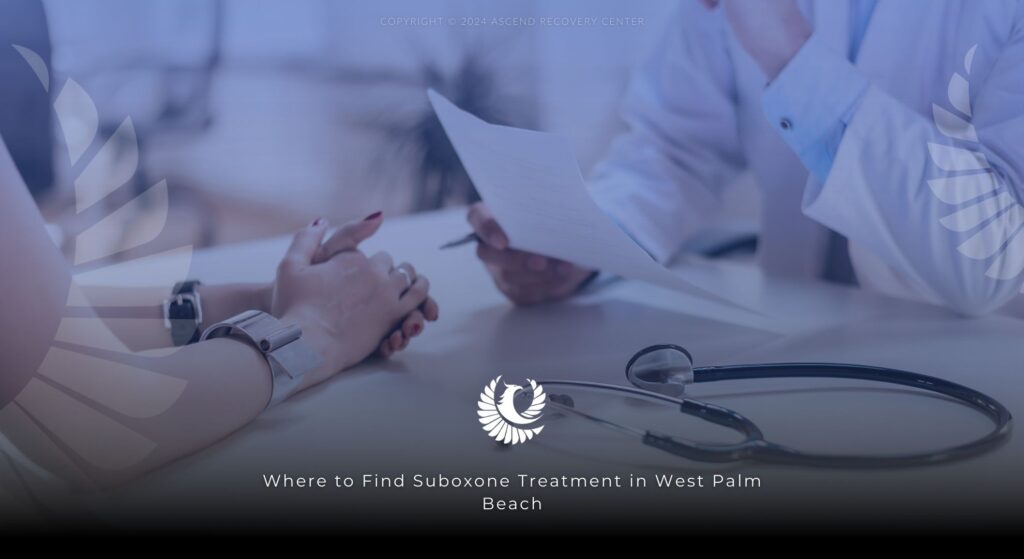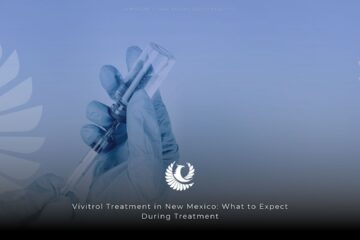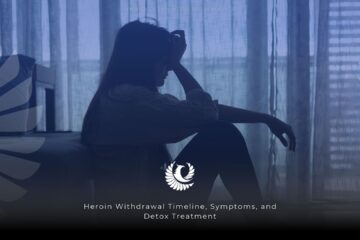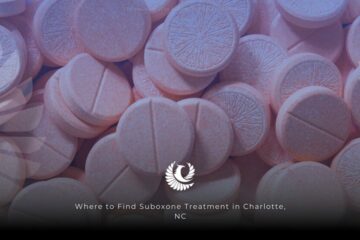Opioid overdose is a devastating issue affecting individuals and families across the United States. Opioids were involved in more than 80,000 overdose deaths in 2021. While opioid addiction can feel impossible to overcome, there are effective treatment solutions available.
Opioid addiction is often treated using an approach called medication-assisted treatment (MAT). MAT combines prescription medications with counseling and behavioral therapy. Thought to provide a whole-person approach, MAT addresses the physical, mental, and emotional aspects of addiction.
One of the most widely used medications to treat opioid addiction is Suboxone. Learn what this medication is, how it works, and where to find Suboxone treatment in West Palm Beach.
What is Suboxone and How Does it Work?
Suboxone is a brand-name prescription medication that was approved by the U.S. Food and Drug Administration (FDA) in 2002 for the treatment of opioid use disorder. It is used during detox to alleviate opioid withdrawal symptoms as well as during and after opioid addiction treatment for craving management. Suboxone is intended to be used in tandem with a complete substance abuse treatment program.
Suboxone comes in the form of a sublingual film or tablet. It is placed under the tongue where it dissolves and is absorbed into the bloodstream. It is taken on a daily basis.
Suboxone contains two active ingredients: buprenorphine and naloxone. Buprenorphine is a partial opioid agonist, meaning it activates opioid receptors in the brain but to a lesser extent than full opioids such as heroin or oxycodone. This helps to reduce withdrawal symptoms and cravings without producing the same intense euphoria that other opioids do. Naloxone, an opioid antagonist, blocks the effects of opioids and can precipitate withdrawal if taken by someone who is dependent on opioids.
The combination of buprenorphine and naloxone in Suboxone is designed to deter misuse of the medication. When taken as directed sublingually (under the tongue), the naloxone component has minimal effect. However, if someone were to misuse Suboxone by injecting it, the naloxone becomes active and can precipitate withdrawal symptoms, acting as a deterrent to misuse.
Suboxone Side Effects
All medications, including Suboxone, have the potential to cause side effects. Most of the time, the side effects are mild and resolve on their own as the body gets used to the medication.
Common side effects are:
- Headache
- Anxiety
- Insomnia
- Sweating
- Depression
- Constipation
- Nausea
- Weakness
- Fatigue
- Back pain
- Redness in the mouth
- Burning sensation in the mouth or on the tongue
- Body aches
Serious side effects do occur, but they are extremely uncommon. If you experience any of the side effects listed below, contact your doctor and seek medical attention immediately.
- Allergic reaction (trouble breathing, hives or skin rash, and/or swelling of the lips, tongue, and throat)
- Breathing problems
- Hormone problems
- Liver damage
- Severe withdrawal symptoms
- Dental problems
What Happens During a Suboxone Treatment Program?
Opioid addiction treatment programs in West Palm Beach may use Suboxone as part of a medication-assisted approach. Treatment involves:
Medical detox
Opioid abuse leads to the development of physical dependency. People who are addicted to opioids experience unpleasant withdrawal symptoms when they stop taking them. Opioid dependence and withdrawal are best treated under medical supervision.
During detox, doctors may prescribe Suboxone to alleviate withdrawal symptoms and reduce the risk of relapse. However, individuals must abstain from opioids for 12-24 before starting Suboxone because taking the medication too early can cause severe withdrawal symptoms. By checking into a detox center, clients can obtain a comprehensive assessment and evaluation as well as medical support so they can begin their recovery in a safe, supervised setting.
Counseling and behavioral therapy
While Suboxone helps people feel better physically, it is essential to address the root causes of substance abuse. This is where counseling and behavioral therapy come into play. Types of therapy used in addiction treatment include:
- Cognitive behavioral therapy (CBT)
- Dialectical behavior therapy (DBT)
- Motivational Interviewing (MI)
- Family behavior therapy
- Eye movement reprocessing and desensitization (EMDR)
These therapies aim to treat underlying conditions like anxiety, depression, trauma and PTSD, and other co-occurring disorders. They also introduce healthy coping skills and lifestyle changes to prevent a relapse from happening in the future.
Medication management
Throughout treatment, Suboxone clinics require regular check-ins to monitor progress and medication adherence. These appointments can be used to discuss side effects, treatment goals, or other medical needs. Medication management is essential for making long-term Suboxone treatment successful.
Aftercare
After completing a Suboxone treatment program in West Palm Beach, individuals should follow an aftercare recovery plan that outlines what they need to do to stay sober. Aftercare helps reinforce the healthy coping skills learned during rehab while providing ongoing support. Popular forms of aftercare include:
- Sober living
- Counseling
- Outpatient rehab
- Peer support groups
- 12-Step meetings
- Alumni programs
Understanding the Benefits of Medication-Assisted Treatment (MAT) With Suboxone
By alleviating cravings and withdrawal symptoms, Suboxone can help clients focus more on their recovery and less on the mental obsession that comes along with substance use disorder. Rather than being consumed by cravings or physically beaten down by withdrawal, individuals can put more time and effort into therapy, peer groups, and healthy habits.
Extensive research has proven medication-assisted treatment (MAT) to be an effective approach to recovery. It can help individuals lead sober, independent, and driven lives. Key benefits include:
- Increased retention in treatment
- Higher treatment completion rates
- Reduced risk for relapse
- Reduced need for inpatient detoxification services
- Improved birth outcomes in mothers who are pregnant while struggling with an opioid use disorder
- Decreased rates of crime
- Reduced rates of HIV/AIDS transmission and other diseases that are associated with needle-sharing
Speak with a team member at Ascend Recovery Center today to find out if MAT is right for you.
Find Suboxone Treatment in West Palm Beach, FL Today
If you or a loved one are struggling with opioid addiction, Ascend Recovery Center can help. Clients may be prescribed Suboxone or other FDA-approved medications as part of medication-assisted treatment (MAT). Our Florida treatment programs ensure a more profound and sustainable recovery process, addressing underlying issues that contribute to substance use.
To learn more about opioid addiction treatment with Suboxone in West Palm Beach or to discuss your other treatment options, please contact us today.








